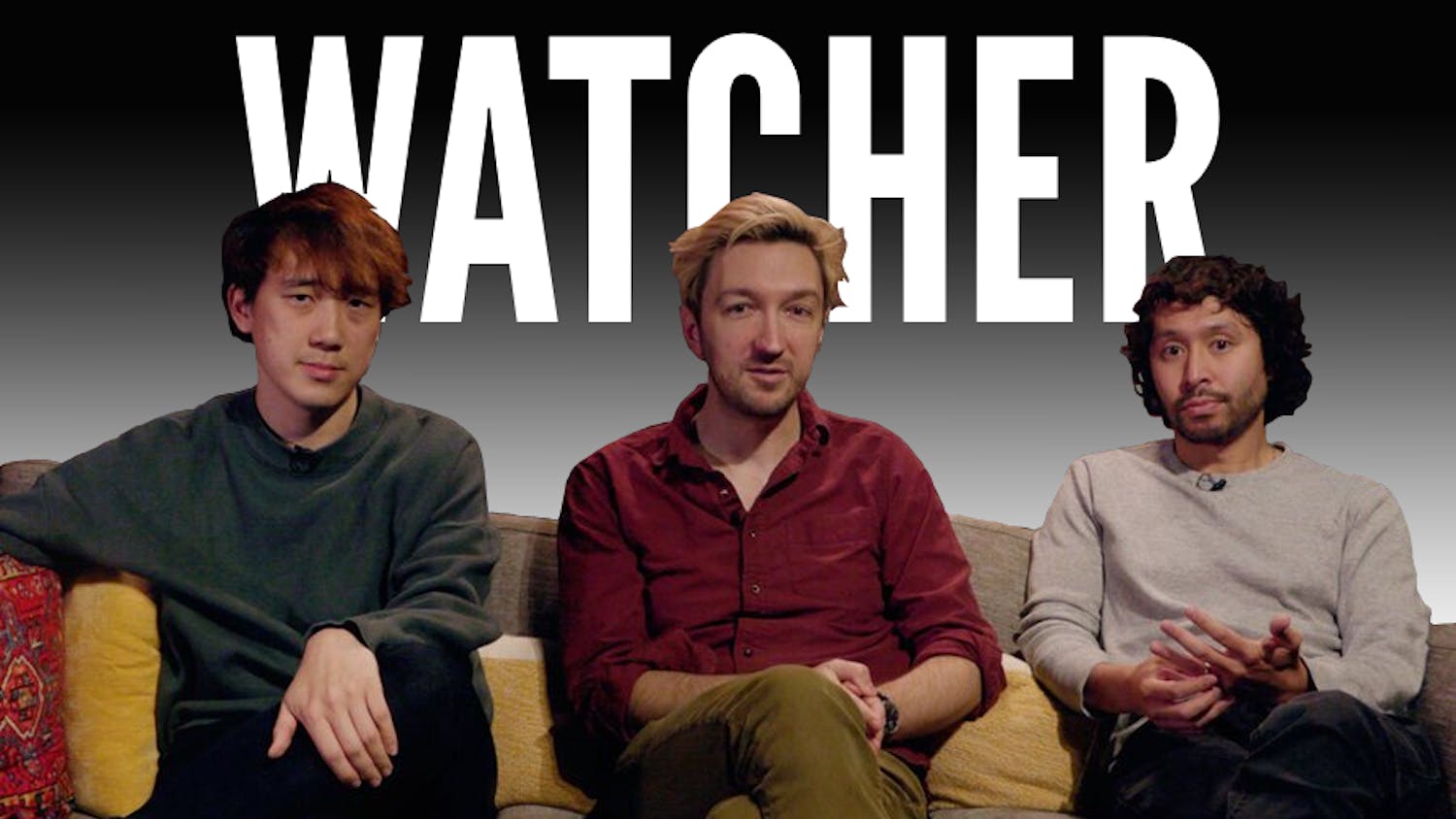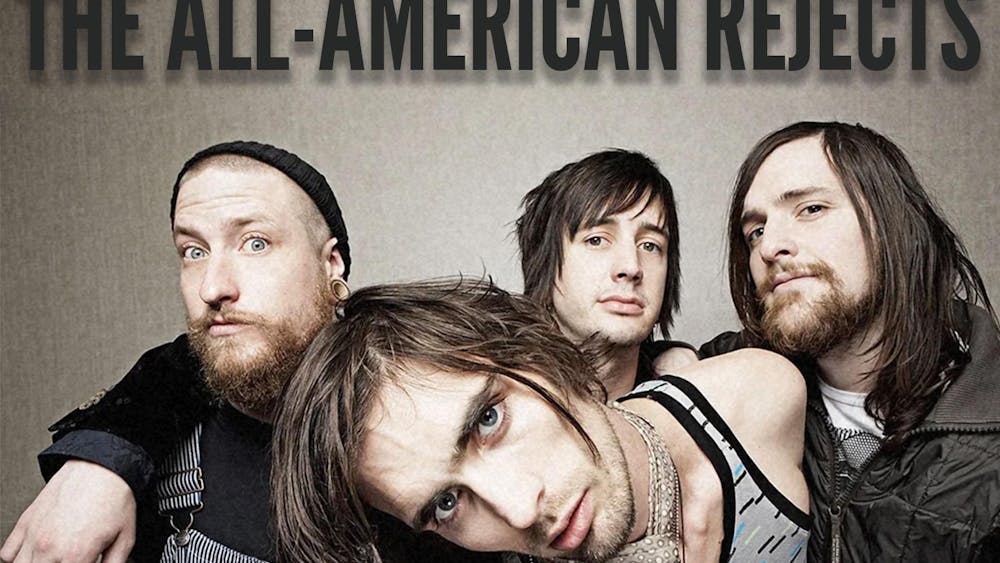
The idea for this final Wu-Tang Clan record sprang from necessity rather than creativity — a feeling that WTC’s fans needed closure. They don’t, especially if it comes in the form of this album.
Necessity probably isn’t the best motivator for art. At times, “A Better Tomorrow” feels like a last-minute five-page paper I would write as a senior in high school. It relies too much on previous work and hopes the audience cares as little as the author does to let it slide by with a passing grade.
“A Better Tomorrow” is the outcome of 21 years of the Wu-Tang Clan and the drama, tensions and bickering that have come to define the latter years of a great career. It was actually supposed to mark the twentieth anniversary of their landmark debut, 1993’s “Enter The Wu-Tang (36 Chambers),” but the Clan couldn’t pull themselves together, in part due to a creative struggle between Raekwon and head-honcho RZA, tension which blemishes the sentimentality of this new record.
The end result of this mess is heartbreaking. With a name like “A Better Tomorrow," one would expect futuristic production, big risks, a new twist on the classic Wu formula or, at the very least, maybe something different from the same martial arts references we’ve been listening to since 1993. What we get is a halfhearted effort to prove that Wu-Tang is forever and a fainthearted longing for the glory days of the once great Clan.
The best songs off “A Better Tomorrow” ("Ruckus In B Minor," "40th Street Black/We Will Fight," "Keep Watch") feel like the #ThrowbackThursday of WTC’s career, often containing samples from or lyrical allusions to beloved, classic Wu triumphs. “A Better Tomorrow” itself is named for a song from 1997's "Wu-Tang Forever."
Opener “Ruckus in B Minor” takes us back to the very beginning, reminding us of the dangers of the Shaolin and the Wu Tang in a throwback to “Bring Da Ruckus” – the opening track of their debut – bringing their career full circle although RZA’s production has evolved quite considerably since that time. Then Ol' Dirty Bastard appears from beyond the grave and very well might be the liveliest dude on the album. This was somewhat strange and gave the impression that RZA seems to rely on ODB because he knows Wu's glory days are past, its collective drive depleted. ODB's captivating psychopathic charm lures you into “A Better Tomorrow” before the rest of the Clan sets out to “strive with an army of winners and no pretenders,” as Raekwon puts it. “Ruckus in B Minor” is my personal favorite on the album, but unfortunately it stands in stark contrast to a number of the other songs.
The album struggles, in part, because of how uneven the production is. “A Better Tomorrow,” much like the modern Wu-Tang Clan, does not feel like a cohesive unit. The backing instrumentation ranges greatly, and there is no overarching theme to keep the album together. RZA gives us great songs like “Ruckus in B Minor,” but then embarrasses us with awful songs like “Preacher’s Daughter,” in which the middle-aged WTC lusts after a young pastor’s daughter. Creepy. Some of the songs shouldn’t be awful and have some really solid lyrics, but the performances feel dialed-in, and the kung-fu samples don’t pack the punch they did twenty-one years ago. Who would have ever thought a Wu-Tang Clan album could ever be boring?
Wu-Tang Clan is supposed to bring the ruckus, to be nothing to mess with, to be forever. “A Better Tomorrow” is none of these things and definitely not the end Wu-Tang deserves.













